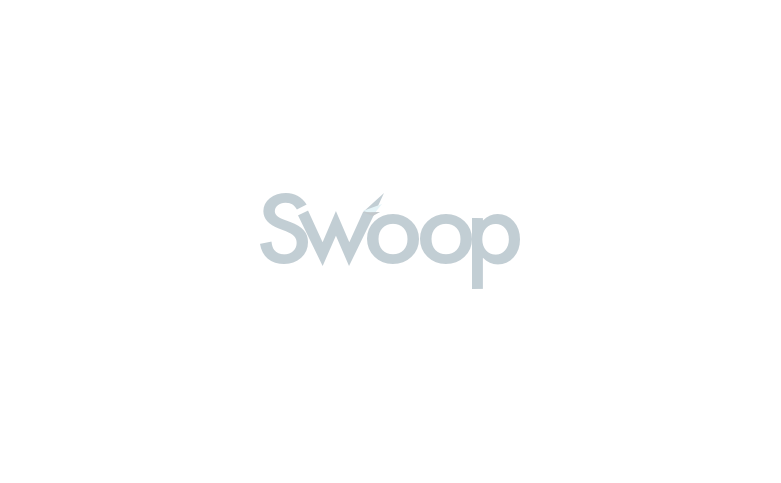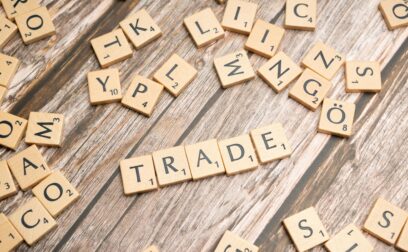TABLE OF CONTENTS
Page written by Chris Godfrey. Last reviewed on October 9, 2024. Next review due October 1, 2026.

You may have seen small business loans described as ‘secured’ or ‘unsecured’ but be usure what that means. In fact, all it means is that the borrower provides collateral to protect the lender in a secured loan and no collateral when the debt is unsecured.
So, what is collateral? How does it work, what assets can you use, and how are they valued? Read on to find out more.
Collateral is an asset or property that a borrower offers to a lender as security for a business loan. If the borrower fails to repay the loan the lender can seize the collateral to recover the owed amount. By securing the loan with collateral, borrowers may be able to obtain better loan terms, such as lower interest rates or higher loan amounts.
Common forms of collateral include real estate, vehicles, or business equipment and machinery, although some lenders may also accept unsold inventory, cash, unpaid invoices, stocks, bonds and other soft assets as security for the debt.
The fundamental goal of any lender is to protect their capital. They want to make money when they provide a loan, but ensuring they get their money back is paramount. To coin an old phrase; “It’s not the return on investment that’s important, it’s the return of investment that counts.”
Collateral offsets risk and gives the lender confidence that they will get their money back no matter what. This means lenders will typically demand collateral when the borrower’s credit is weak or the loan amount is high. By placing a lien on borrower assets that can be seized and sold to cover the loan amount, the lender’s risk is greatly reduced. In some cases, lenders may refuse to offer loans where collateral is unavailable, as they deem the risk to be excessive.
Important note: Not all small business loans require collateral. Some loans, such as vehicle financing or equipment financing, are self-collateralizing, as they use the item you are buying as security for the loan – much like a residential mortgage. Additionally, other small business loans, such as a business credit card, will usually require zero collateral to obtain. However, even where the borrower provides no collateral, they will typically be required to sign a ‘personal guarantee’. This makes them personally liable for the debt, not their business, which means the lender can pursue them and their personal assets, such as their home, if they default on the loan.
Some business loans do not require collateral, but many do. Popular types of loan where collateral is often needed include:
The most common type of business loan. Term loans are typically used for one-off investments where you know exactly how much cash you need. Commercial real estate purchases, plant and equipment investment, and debt repayment and restructuring activities work well with this kind of loan. You receive a single, lump-sum cash injection and then pay it back in regular instalments, plus interest and any fees, over a fixed period of up to 25 years.
A business line of credit functions like a high-value credit card but comes with lower interest rates and fees. Organizations can withdraw as much as they want when they want from a loan facility up to the limit of their borrowing. Interest rates are usually fixed, and businesses may repay on a set or flexible schedule. This kind of loan is ideal for organizations that want maximum flexibility or for investment situations where the total cash required is unknown.
Standard SBA 7a business loans are provided by banks, credit unions and online lenders who are part of the Small Business Administration (SBA) lender network. Partially backed by the US Government, these loans can provide up to $5million to qualifying borrowers with repayment terms as long as 25 years.
SBA loans usually come with much lower interest rates and fees than other commercial lending but meeting their strict rules of eligibility can be tough for many businesses. As well as an approval process that can take several months, organizations will typically need to have been in business for at least four years and have annual revenues over $180,000. Your personal credit score must be at least 680.
The methods lenders use to value collateral for a business loan will vary depending on the type of collateral being offered. In most cases, the lender will ascertain the ‘fair market value’ of the asset, which means what it would likely sell for on the open market, less a percentage to allow for selling the assets at a discount to generate a fast sale. This is called the ‘distressed sale value’. For example, when real estate is sold by a lender to recover a debt, it is usually sold at auction and offered at a price that will repay the default loan. This sum may be below the open market value of the property and less than it would sell for if it were sold via a traditional real estate agent.
Different valuation methods according to collateral type:
If collateral is required to support a business loan it will typically need to be worth at least the same as the loan amount, plus a margin to allow for legal costs, auction expenses and added interest. This margin is also known as a ‘cushion’ and it can vary according to the level of risk involved in the transaction, the credit profile of the borrower and the type of collateral being offered. Generally speaking, more volatile collateral, such as vehicles or inventory, will require a higher cushion than more stable collateral such as real estate or investments.
Version 1:
Version 2:
Providing collateral to support a business loan may bring significant benefits:
It comes down to your comfort level and what impact it would have if you lost your collateral because you defaulted on the loan. If you feel uncomfortable with letting a lender place a lien on your property, or losing the assets would cause great financial harm to you or your business, you may be better off seeking an unsecured loan or external investment to fund your organization.
Whichever way you decide to go, it is important that you fully understand the terms and conditions of any business loan before accepting it and, if you offer collateral, that you are aware of the methods the lender uses to value the assets that you provide.
See above. Only you can decide if the risk of providing collateral is outweighed by obtaining the loan and what the loan proceeds can do for your business. If you are only offering collateral because your credit is too weak to obtain an unsecured loan, you could seek alternative funding such as a small business grant, external investment or crowdfunding, where collateral is typically not required and your credit score is less important.
No matter if you’re a business owner seeking your first business loan or you’re a seasoned borrower, working with business finance experts can make all the difference when applying for funding. Contact Swoop to discuss your borrowing needs, get help with your application and to compare high-quality business loans from a choice of lenders. Give your organization the financial support it deserves. Register with Swoop today.
Chris is a freelance copywriter and content creator. He has been active in the marketing, advertising, and publishing industries for more than twenty-five years. Writing for Wells Fargo Bank, Visa, Experian, Ebay, Flywire, insurers and pension funds, his words have appeared online and in print to inform, entertain and explain the complex world of US consumer and business finance.
Swoop promise
At Swoop we want to make it easy for SMEs to understand the sometimes overwhelming world of business finance and insurance. Our goal is simple – to distill complex topics, unravel jargon, offer transparent and impartial information, and empower businesses to make smart financial decisions with confidence.
Find out more about Swoop’s editorial principles by reading our editorial policy.
Related pages
Get your free Types of collateral you can use to secure a small business loan quote today
Join the 95,000+ businesses just like yours getting the Swoop newsletter.
Free. No spam. Opt out whenever you like.
Kingfisher Way, Silverlink Business Park, Newcastle upon Tyne, NE28 9NX, UK
View in Google Maps35 Bull Street, Lewis Building, Birmingham B4 6AF, UK
View in Google MapsAberystwyth Innovation and Enterprise Campus
Gogerddan Campus
Aberystwyth University
Ceredigion
SY23 3EE
Dogpatch Labs, The CHQ Building, Custom House Quay, Dublin, Ireland
View in Google MapsSuite 801, Level 8, 84 Pitt Street, Sydney, NSW 2000, Australia
View in Google Maps43 W 23rd St, New York, NY 10010, United States
View in Google Maps21 Dreyer Street, Cape Town, South Africa, 7708
View in Google MapsClever finance tips and the latest news
Delivered to your inbox monthly
Join the 95,000+ businesses just like yours getting the Swoop newsletter. Free. No spam. Opt out whenever you like.




